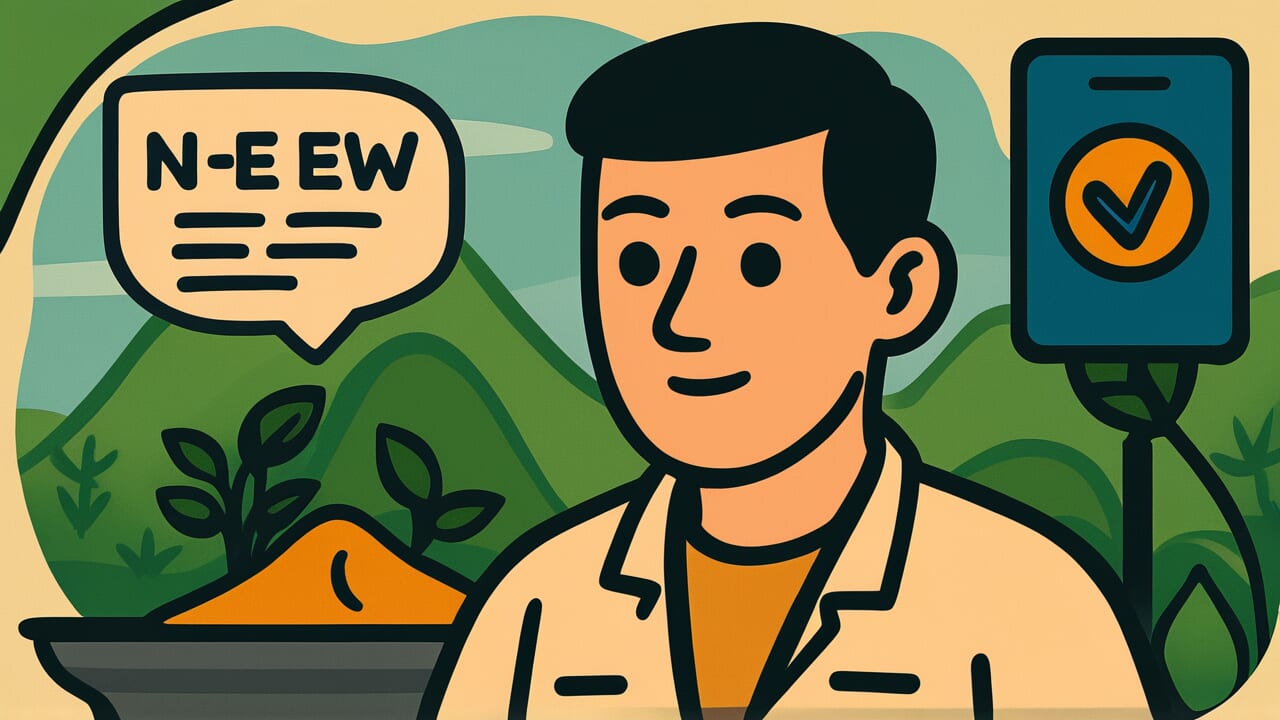How to Read “Habit is like nature”
Shūkan wa shizen no gotoshi
Meaning of “Habit is like nature”
“Habit is like nature” means that habit becomes second nature. People are not shaped only by their inborn traits or talents. Instead, their essence is determined by the actions and habits they repeat every day.
What you do daily eventually becomes something you can do naturally without thinking. It becomes part of you, as if it were an ability you were born with.
If you develop good habits, they become natural actions. You can produce good results without effort. But if you continue bad habits, they also become natural actions. It becomes very hard to break free from them.
This proverb is often used when discussing character development or skill building. People use it to encourage others by saying “daily accumulation matters.”
They also use it as a warning: “Don’t underestimate the power of habit.” Even today, the idea that habits greatly influence your life is widely accepted.
Origin and Etymology
This proverb is believed to be a Japanese translation of the Western saying “Habit is second nature.” The most accepted theory is that this expression came to Japan during the Meiji period or later, when many Western ideas and sayings were introduced.
The phrase “shizen no gotoshi” means “like nature” or “the same as nature.” “Gotoshi” is an old Japanese word meaning “like” or “the same as.”
In other words, habit is as strong as “natural disposition,” which you’re born with. It controls your behavior just as powerfully.
This saying is rooted in the philosophy of the ancient Greek philosopher Aristotle. He taught that human character and virtue are not inborn. They are formed through repeated actions.
If you develop good habits, you form good character. If you continue bad habits, bad character becomes fixed.
This way of thinking has been passed down through history as a very important perspective on education and human development. Japan also accepted this universal truth, and it became established as a proverb.
Usage Examples
- Once morning reading became a habit, “Habit is like nature” proved true—I felt like my day couldn’t start without opening a book
- I thought his meticulous personality was inborn, but it’s actually the result of childhood discipline—truly “Habit is like nature”
Universal Wisdom
“Habit is like nature” shows us the plasticity of human beings. It reveals a hopeful truth: we can change. We don’t finish our lives in the same state we were born in.
Through the accumulation of daily choices and actions, we can remake ourselves.
This teaching has been passed down for so long because it gives us a perspective that believes in human growth and possibility for change.
When you’re about to give up thinking you have no talent, or when you believe you can’t change your personality, this proverb teaches you: “If you change your habits, you yourself will change.”
You can’t change your inborn nature, but you can choose your second nature—your habits—with your own will.
At the same time, this proverb warns us about the danger of habits. Actions you repeat unconsciously become your essence before you know it.
That’s why you must value each small daily choice. Today’s actions become tomorrow’s habits, and those habits shape your life.
Our ancestors understood this simple yet profound law of life.
When AI Hears This
When you repeat a habit, the wiring of your brain’s nerve cells actually changes. This is called neuroplasticity. But what’s even more surprising is a phenomenon involving “myelin sheaths.”
This insulation covers nerve fibers. Like the coating on electrical cords, when this sheath thickens, signal transmission speed increases dramatically.
Research shows that myelinated nerves can transmit signals up to 100 times faster.
In other words, if you practice piano every day, the speed at which commands to move your fingers travel from your brain to your fingertips physically increases.
Your fingers moving without thinking isn’t a metaphor. It’s the actual result of your brain’s wiring changing.
The neural circuits of inborn reflexes and acquired habits become structurally almost identical.
What’s interesting is that this change takes time. Myelin sheaths don’t thicken all at once. Layers build up gradually through repeated stimulation.
That’s why establishing a habit takes several weeks to several months. But if you continue for that period, your brain physically rewrites itself.
A “second nature” that you can perform without effort is complete.
Habit becoming nature isn’t a matter of feelings. It’s a biological fact that your brain’s physical structure changes.
Lessons for Today
This proverb teaches modern people that if you want to change your life, start by changing your habits. Rather than setting big goals and trying to change everything at once, stacking small habits one by one will change your life more reliably.
Wake up five minutes earlier in the morning. Read one page of a book each day. Say one more word of gratitude.
Such small habits eventually become part of you. They become natural actions, like inborn traits. And when you notice, you’ve become a different person from before.
At the same time, don’t forget that your current self was created by past habits. Today’s you is the result of habits up until yesterday.
That’s why choosing good habits from this very moment has meaning.
You don’t need to be perfect. Just have habits that move you in a good direction, even little by little. That will shape your future self.
Habit, your second nature, is the greatest weapon in life that you yourself can choose.



Comments